Ethical dilemma – will Australia risk hosting Women’s Asian Cup to back good governance?
Football Australia will face an ethical dilemma at next week’s Asian Football Confederation and FIFA Congresses – a challenge new chair Anter Issac will not be relishing.
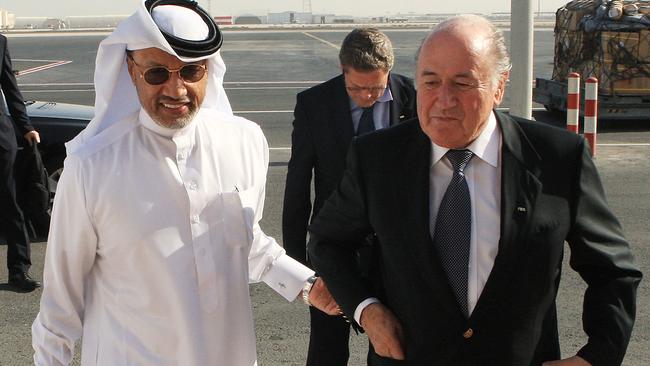
Football Australia will face an ethical dilemma when they travel to Bangkok next week to take part in the Asian Football Confederation and FIFA Congresses – a challenge new chair Anter Issac will not be relishing.
AFC have joined the trend of relaxing anti-corruption measures introduced in the wake of the Mohammed bin Hammam scandal, when the Qatari FIFA vice-president and AFC president was banned from world football for facilitating bribes.
Now AFC are ready to scrap their reforms and instead offer “jobs for life” for their president and their executive members – many of whom, such as Australia’s Chris Nikou, are no longer the chairs of their associations and, in some cases, not even on the board.
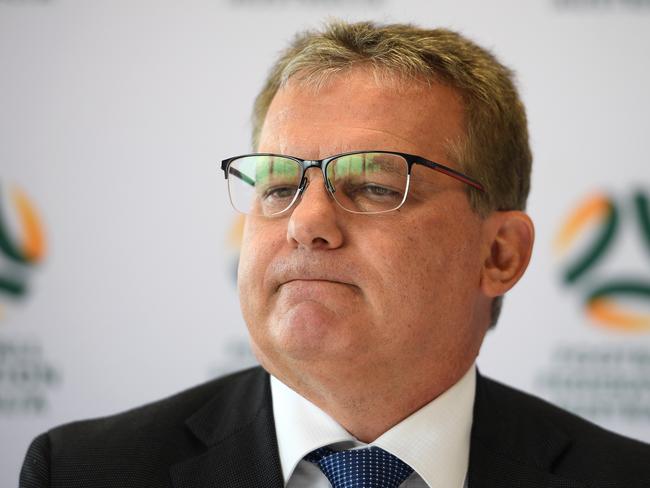
Saudi Arabia and Qatar, who basically now bankroll Asian football, are among the four promoters of the move. They include Lebanon’s Hachem Haidern, who has strong family connections with the AFC administration and who chaired the governance taskforce that came up with the suggestion. The other is Uzbekistan.
Interestingly Uzbekistan, like Australia, have recently been awarded major AFC events and now Football Australia, who have been assured of the AFC Women’s Asian Cup in 2026, will have to decide whether to put that at risk by standing up for good governance.
CODE Sports contacted Football Australia and asked it to comment on its stance on this matter but a spokesman said they “won’t be providing any comment on this matter”.
AFC were also contacted for comment and didn’t respond by print deadline.
The move follows decisions by UEFA and the IOC to also scrap the term limits for their presidents, but AFC have gone one step further by extending the job security to their executive committee, which numbers a staggering 25 – more than half the AFC membership.
Given those numbers – and the fact the five regional confederations also have co-opted members – the chance of it being voted down is very small, especially as some family dynasties have run some football empires for decades.
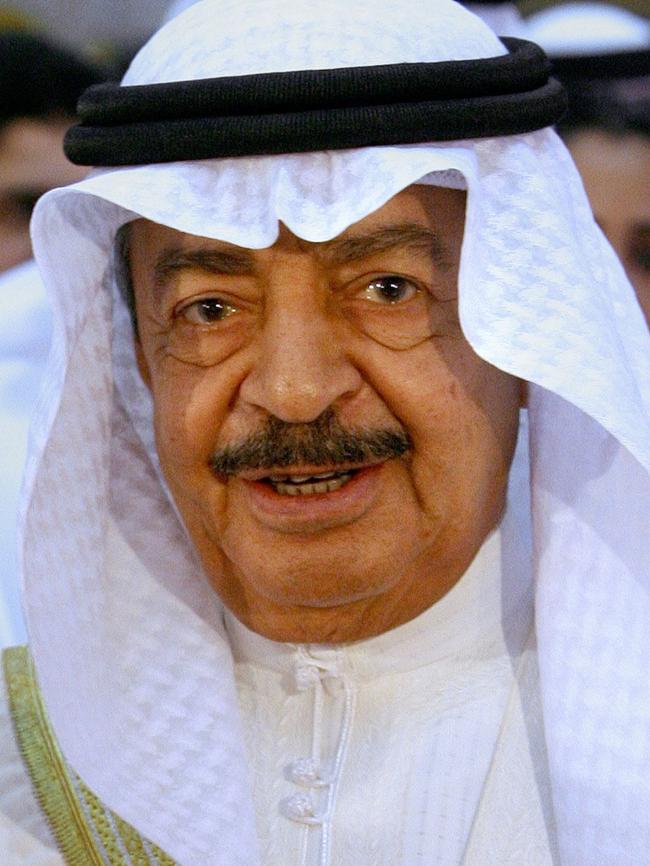
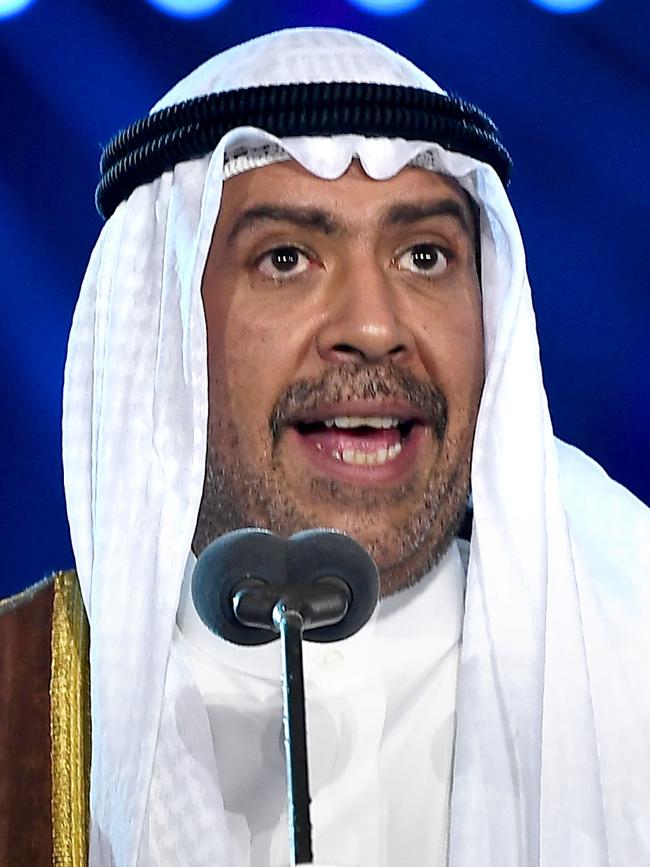
AFC have been embroiled in corruption in recent years with the Guam FA chief Richard Lai resigning in the face of evidence from the FBI that he had accepted bribes. The same documents published by Associated Press named the current AFC deputy general secretary Vahid Kardany, an Iranian national, as the person who paid the bribes.
There has been no action against Kardany, who in fact has been promoted since the evidence surfaced in a trial of Asian football kingmaker Sheikh Ahmad Al-Sabah. Al-Sabah resigned from FIFA and the AFC when the Richard Lai bribery case first emerged in 2017 but he was outed as someone who played a significant role in the re-election of the AFC president Shaik Salman bin Ibrahim Al Khalifa.
Sheikh Ahmad was named in a CAS case of working with Kardany to ensure the favoured candidates of Shaikh Salman, a longtime adversary of Socceroo legend Craig Foster, won seats on the AFC Executive Committee.
Foster said AFC was following the lead of FIFA and it was only opening the door for history to repeat itself.
“Regional or global football is bound to ensure the highest levels of governance, accountability and representation for all member nations,” Foster said.
“These principles are increasingly under threat as we see FIFA president Gianni Infantino lead change to the organisation’s own statutes to extend his term, influence and dominance.
“Infantino was recently elected unopposed and the fact the president and the game sees unanimity of candidate and more single candidate elections as desirable demonstrates the continual slide in open and democratic elections and contempt for the right of candidates elsewhere to have a voice.
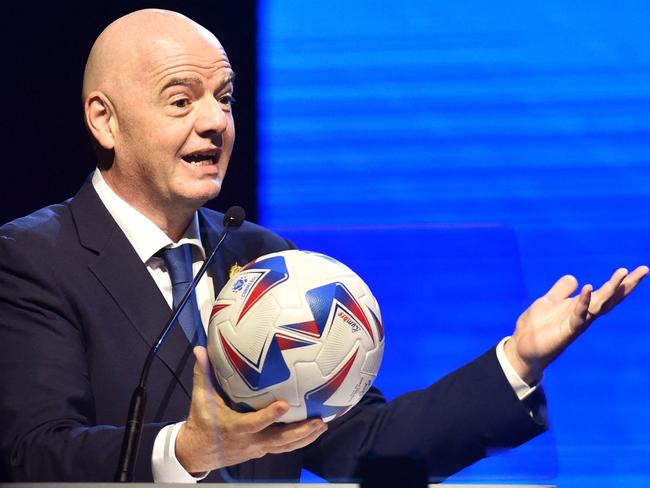
“Infantino oversaw changes to the ethics code to remove the offence of corruption, introduced the offence of defamation against FIFA which reduces the likelihood of whistleblowers and genuine accountability, and had the FIFA Congress ratify his first three years as ineligible against the maximum three terms.”
AFC winding back these safeguards against corruption would only further cement the power of Saudi Arabia and Qatar, Foster said.
“Saudi Arabia and Qatar, who have recently demonstrated extraordinary and deeply concerning influence at FIFA with Saudi effectively changing the rules of World Cup rotation in their factor for the 2034 male World Cup and Qatar being awarded the Under-17 male World Cup in an unprecedented move to an annual tournament for five years, starting in 2025,” Foster said.
“There is clearly nothing Qatar and Saudi Arabia cannot achieve under Infantino’s leadership and the support of the AFC is critical to this strategy.
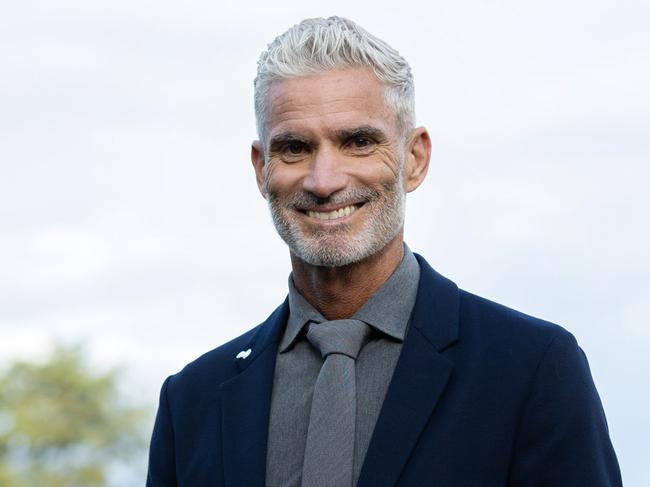
“All World Cups should be shared. All officials should have term limits. All ethics codes should be maximally effective to avoid repeats of the past.”
If the move is approved and term limits scrapped, Foster said it becomes even harder to hold those in charge accountable,
“No officials, particularly those linked to any suspect circumstances or issues, should be given a ‘life membership’ to lead the world’s most populous game in its most dynamic region,” he said.
“Additionally, leadership must be opened to candidates from all across Asia to ensure the influence of one or several regions does not dominate.
“The evidence clearly says that is already the case. The credibility of football as an open, accountable sport is on the line as officials seek to entrench their control and dominance over an increasingly closed system.
FIFA whistleblower Bonita Mersiades has spoken out about corruption and governance issues and mismanagement in global football administration in the years leading up to the bribery scandal in 2015. Mersiades said these proposed changes showed people in power positions in world football “don’t care” why the limits were introduced in the first place.
“People were basically brought to the table kicking and screaming to accept some of these things,” she said. “You can have checks in place, policies in place, but unless you change the culture, things aren’t going to change.
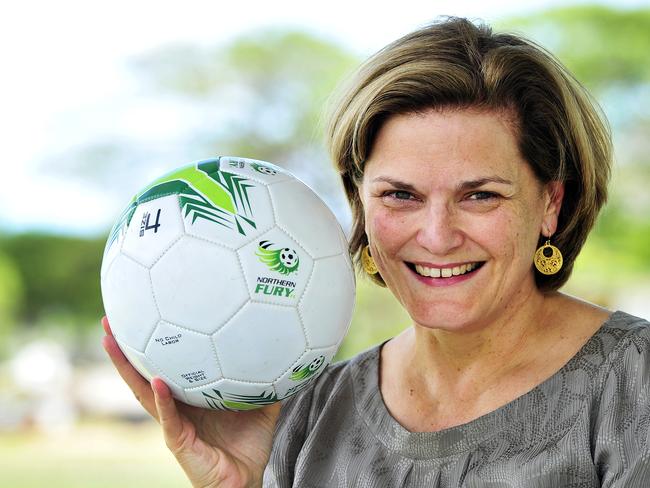
“This basically proves the point – they’re just going back to their old ways.
“The fact they’re even wanting to do this, and it’s likely going to happen, just shows the culture hasn’t changed and they just think they can keep on getting away with the types of things they’ve got away with.”
The vote will be anonymous but Mersiades said she would be “really disappointed” if Football Australia supported the move.
“It goes against all principles of good governance,” she said. “It goes against the principles of Football Australia’s own constitution and, of course, ASIC regulations in terms of good governance.
“It is a very basic principle of best practice governance that there be term limits for board members and directors – it is one of the many reasons that led to the situation with FIFA and the AFC and others back in 2015, and before that, because people were allowed to stay in positions for too long and there was no accountability around their decision making.”
The AFC Congress takes place on May 15, which is the eve of the FIFA Congress in Bangkok, and it will leave a shadow hanging over the organisation that is promoting Saudi Arabia as hosts of the FIFA World Cup to be held on the continent for the third time in 2034.
Shaikh Salman also failed to attend a single match in the FIFA Women’s World Cup held so successfully last year in Australia and New Zealand despite being AFC president and the FIFA senior vice-president. He was, though, a regular attendee of the FIFA World Cup in Qatar in 2022 and also the FIFA Club World Cup in Saudi Arabia at the end of 2023.
Many, including Matildas legend Moya Dodd, will not be surprised as the AFC does not make the promotion of women’s football a major priority. Dodd herself was removed from the FIFA executive committee in a political coup in 2017 – losing her seat to the Bangladeshi Mahfuza Akhter Kiron.
This year the AFC cancelled the final of the AFC Women’s Club Championship in March and then had a rapid U-turn and the final will now be held next week between Urawa of Japan and Incheon of Korea.


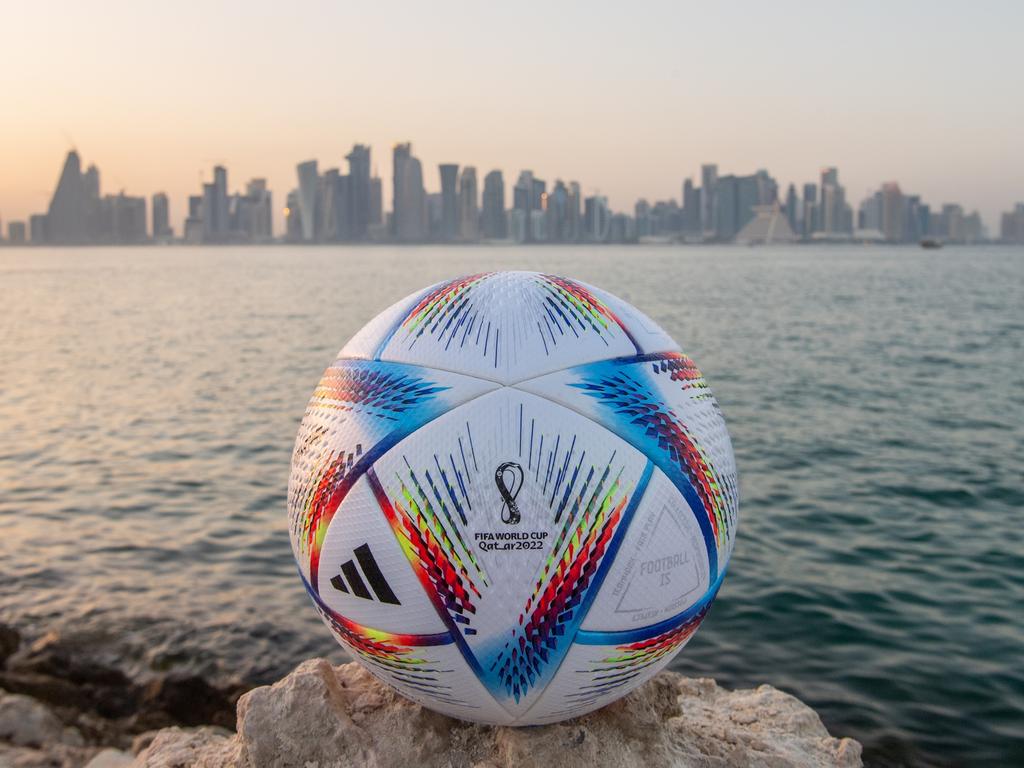


To join the conversation, please log in. Don't have an account? Register
Join the conversation, you are commenting as Logout